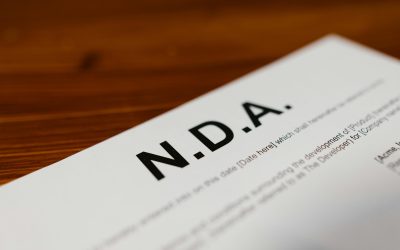Household Employment Blog
Understanding What it Means to be a Household Employer
Elevating the Nanny-Family Relationship: A Guide to National Nanny Recognition Week
Celebrate National Nanny Recognition Week! Learn how to show your appreciation and build a strong, respectful relationship with your professional caregiver.
The Nanny Search- From Interview to a Lasting Match
Finding the right nanny is a crucial decision for your family. Learn how to find and vet a professional caregiver who fits your family’s needs with our guide.
Why Your Family Office Is a Prime Cyber Security Target (and How to Protect It)
Learn why your family office is a top target for cyber attacks. Discover key cybersecurity vulnerabilities and best practices, plus how GTM helps with expert HR guidance and specialized insurance.
Beyond Babysitting: Why a Nanny Is the Perfect Partner for the School Year
A nanny can be a crucial partner during the school year. Learn how a nanny for school-aged children can provide academic support and help manage the chaos of after-school activities.
The Power of NDAs: Protecting Privacy and Assets in the Family Office
Protect your family’s assets and privacy. Learn why a non-disclosure agreement (NDA) is an essential legal tool for any family office to safeguard sensitive information.
Avoid Nanny Share Headaches: The Contract Checklist Every Family Needs
Drafting a nanny share contract is crucial for a successful arrangement. This guide outlines key components to include, such as pay, PTO, taxes, and communication, to ensure a clear and smooth partnership for all families and the caregiver involved.
How to Run a Nanny Trial That Sets Everyone Up for Success
Learn how to conduct a successful nanny trial run with our comprehensive guide. From clear communication to making the final decision, find the perfect nanny for your family.
The Case for Hiring a Mature Nanny: Experience You Can Trust
Discover why a mature nanny could be the perfect fit for your family. Learn about their experience, commitment, and invaluable wisdom in childcare.
Elevating Your Family Office: The Strategic Advantage of a Dedicated HR Partner
Optimize your family office operations by partnering with a specialized HR firm. Learn how they navigate complex compliance, free up your valuable time, and help you attract and retain top household talent.
Sign up for our Newsletter
Household Employer Digest











 Get your free:
Get your free: